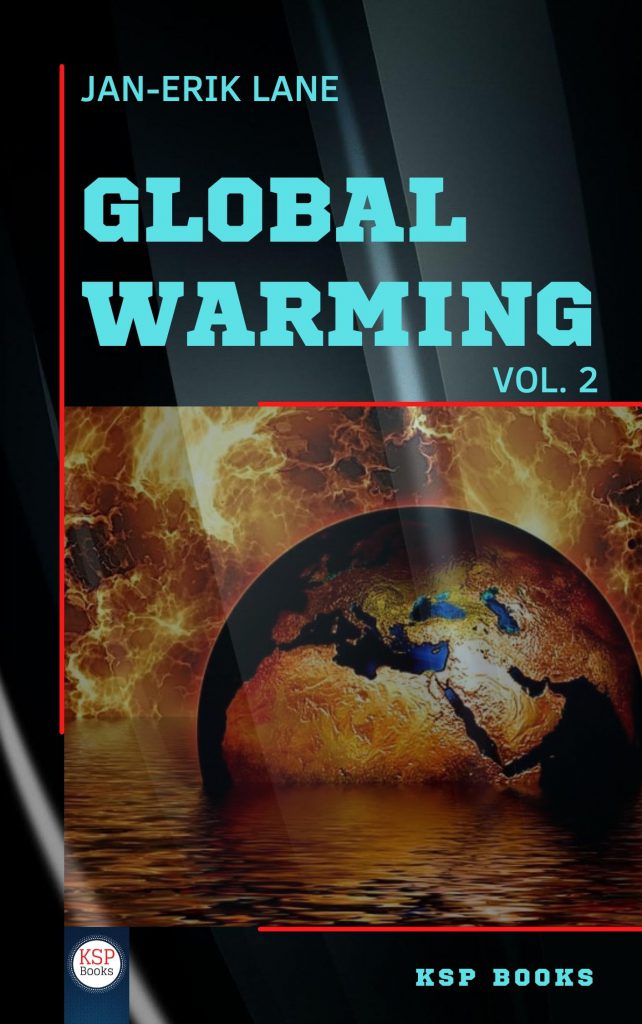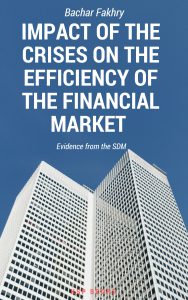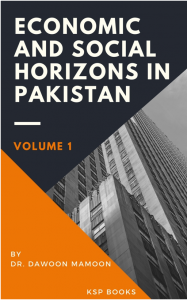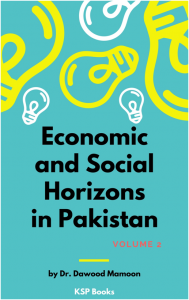Synopsis
It is possible to present a brief summary of the subjects that the chapters in this book focus on.
Ch 1. Global warming is the result of an enormous drive for energy during the last 150 years. And demand keeps going up making the COP goals unachievable. I will argue for this inevitability by means of both global and local evidence.
Ch 2. Global warming is the result of an enormous drive for energy during the last 150 years. And demand keeps going up making the COP goals unachievable. Fossils will still dominate with renewables as only increments. Author supports this inevitability argument with data about global trends and local analysis of a few of the heavy emitters of CO2s. Since the demand for energy is still rising, one understands why China and India as well as Brazil and Indonesia renege on the COP ambitions. In fact, all states in the COP club renege somehow, because the demand for energy is overwhelming. Despite this several countries face today energy shortage.
Ch 3. Human beings have existed as modern homo sapiens for some 100 000 years, recent DNA research informs. And this race has grown to a staggering 8 billion almost, dominant over all other living species and subjugating the other human races. The 21th century will end the fantastic story about Cro-Magnons as planet Earth no longer will support advanced forms of life, I.e. low temperature, supply of food, access to drinking water as well as war between or within nations and even civilisations. Only intergovernmental coordination can slow the process of climate change, but the nature of international relations prohibits it.
Ch 4. African nations share a common situation in that they pollute little in terms of CO2s globally speaking, but at the same time global warming may have terrible consequences for the continent, set to face a sharp population increase. They have now access to few energy resources, which is conducive to their poverty. New renewables belong to the future (solar, wind, geo-thermal), whereas old renewables – wood coal – are a thing of the past. The coal or oil and gas dependent giants must start energy transformation, as must the many countries relying upon traditional biomass. The use of wood coal is simply too large for the survival of the African forest. Under the COP21, African countries have right to financial assistance, especially for more electricity to connect its rural and also many urban people to heating, air-conditioning and the electronic high ways. Without the COP21 promises, decarbonisation will be impossible in Africa, and thus its large need for more energy will lead to more CO2:s.
Ch 5. International political coordination in the UNFCCC or G20 runs with a basic insufficiency , making it too weak to respond to the climate change challenge that could bring about a worst case scenario for mankind. Scholars have shown that the UN climate decision-making is manipulated by self-interests from the major powers (Conca, 2015; Vogler, 2016). The Sachs’ ideas (2015) of using climate change policy-making to solve other problems like poverty, global redistribution of wealth and stopping general environment degradation make matters just more complicated, resulting in massive transaction costs and likely policy failures. The likelihood of disaster is on the increase, which is why solar energy parks must both replace lots of fossil fuel and wood coal energy as well as provide for the planned strong increased demand for energy.
Ch 6. One may introduce a concept of Hawking irreversibility as the point where temperature has risen so much that the global warming consequences threaten the survival of mankind. The recent news out of China that its CO2s are increasing again makes this term highly policy relevant. Moreover, the methane emissions have started to augment, which also calls up Hawking irreversibility. The drive behind these dire developments is the endlesszest for affluence and wealth, fueled by ever larger energy consumption. Asian miracle economies should take this warming seriously and srart the implementatuion os COP21 Treaty.
Ch 7. The global warming problematic is in reality decided not by the UNFCCC or IPCC with its mastodon meetings. The decisive players are the states of the following BIG polluters of CO2: China, India, Indonesia, Brazil, Russia Mexico, South Korea, Canada, Australia and the US, despite the fact that its present government already has defected from the common pool regime, set up in Paris 2017, These countries together with international shipping and aviation are putting out more than 50% of the CO2s. However, they are little interested, because they emphasize the policy-making of socioeconomic development, either economic growth with rich countries or the “catch-up” strategy with poor or emerging economies. Resilience will decide which countries can support the consequences of climate change.
Ch 8. The upcoming COP23 at Bonn of the UN and its UNFCCC must outline how its COP21 objectives are to be promoted by means of concrete international and national management. Only a massive replacement of fossil fuels and wood coal by solar power parks, can wind power and atomic power save mankind from the grave threats of global warming. This paper presents a tentative estimation of what is involved with regard to the fulfilment of COP21’s GOAL II—decarbonisation to 30-40 per cent of 2005 level of emissions.
Ch 9. Well-known professor Johan Rockström at Stockholm University claims that we are in control of things, now that the Earth Sciences have proven the biological limits of our existing civilisations. But we do not know or have not begun the necessary large global adjustments towards a sustainable Planet Earth. The failure of the UN COP framework is blatant stating the ends but not the means of reducing significantly CO2 emissions. All major countries plan for much more energy in coming decades treating renewable energy sources as merely compliment to fossil fuels, not substitutes. To accomplish the Paris Accord objevties (COP 21), coal power should be phased out.
Ch 10. The opinion on global warming is sharply divided. On the one hand, we have the climate change DENYERS with different arguments for their position. On the other hand, there are the climate change AFFIRMERS, also suggesting a variety of arguments to support their case. Both fact and value figure in the psychology of climate change.
Contents
About the Author
ISBN
978-625-8190-28-1
Date of Publication
October 28, 2022
File Size: 4455 KB
Length: xiv + 130 pages
This work is licensed under a Creative Commons Attribution 4.0 International License.
















